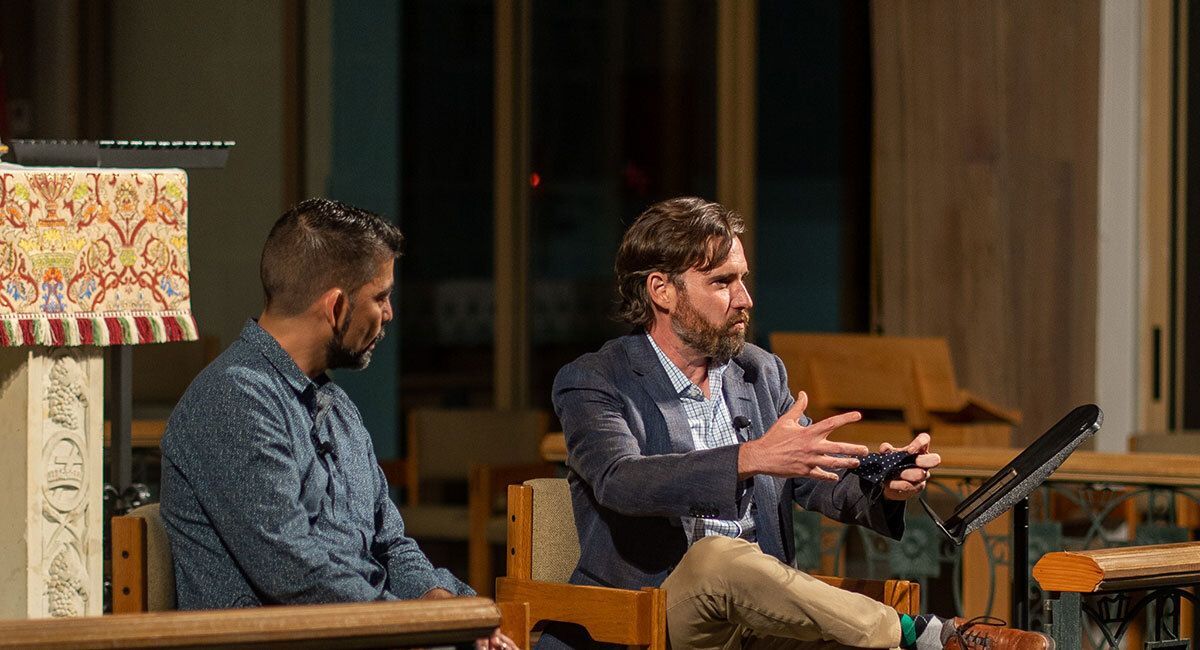We’ve brought together some of the nation’s leading musicologists to present in-depth online Scholar Lectures covering the major eras of music.
Scroll down to explore the lectures—available for you to enjoy from the comfort of your home.
Scholar Lectures
-
October 2024: A Brief History of Western Music
-
November 2024: Jewish Voices
-
January 2025: The Capilla Flamenca




